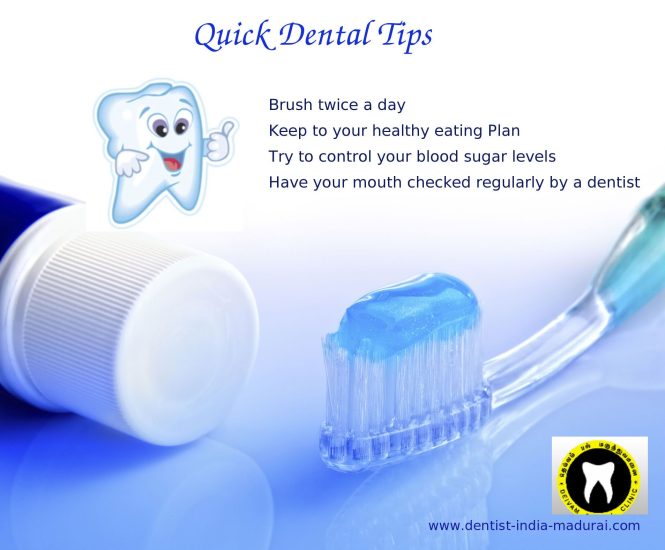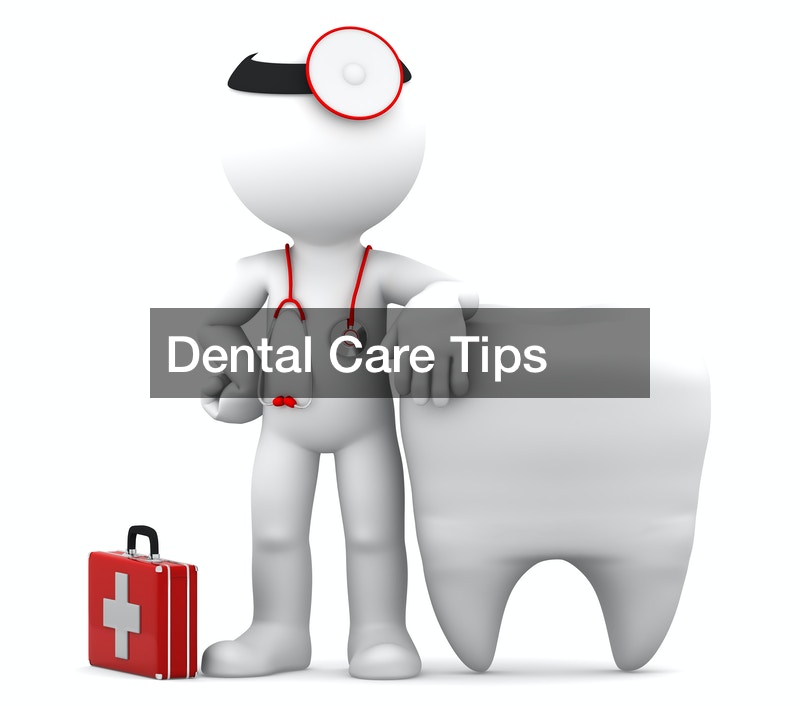

Dental care tips are crucial for maintaining a healthy and beautiful smile. A dazzling smile can boost self-confidence and improve overall well-being. Dental care encompasses a scope of practices aimed at preventing oral diseases and maintaining optimal oral health. Many people struggle with maintaining proper dental hygiene, leading to various oral health issues such as cavities, gum disease, and tooth sensitivity. This thorough guide will offer effective dental care tips covering brushing, flossing, dietary habits, and more. We’ll delve into specific techniques for maintaining oral hygiene and explore practical strategies for preventing potential problems. The structure of this guide includes essential tips for a healthy smile, along with proactive measures to prevent cavities and gum disease.
Essential Oral Hygiene Practices
Brushing Techniques
Proper brushing techniques are fundamental to removing plaque and food particles from the teeth. Using a soft-bristled toothbrush, gently brush each tooth surface for at least two minutes twice daily. Focus on small, circular motions, ensuring you reach all tooth surfaces, including the gum line. Consider using fluoride toothpaste, which helps strengthen tooth enamel and prevents cavities. Professional cleanings every 6 months are also essential.
Flossing
Daily flossing is equally crucial as brushing. Flossing helps to remove food particles and plaque from between teeth, where your toothbrush can’t reach. Using waxed dental floss is often preferred for its smoothness and ease of use. A careful and thorough approach to flossing is key to maintaining good oral hygiene, along with the right techniques.
Choosing the Right Tools
selecting the right tools can significantly impact your dental health. Opt for a soft-bristled toothbrush, as hard bristles can damage your gums. A good quality floss that is easy to use, whether waxed or unwaxed, is crucial for optimal interdental cleaning. Using mouthwash can enhance your oral hygiene routine, helping to kill bacteria and freshen breath.
Dietary Habits and Oral Health
Sugary Foods and Drinks
Consuming excessive amounts of sugary foods and drinks can contribute to the development of cavities. Sugary foods and drinks are prime culprits in the initiation of harmful bacteria. Limit your intake of sugary snacks and beverages, opting for healthier alternatives like water, unsweetened tea, or fresh fruits and vegetables. Consider choosing sugar-complimentary options where possible.
Related Post : The Struggle with Gum Disease: Bleeding, Swelling, and What to Do
Healthy Snacking
Opting for healthier snacks can make a positive difference in your oral health. Fruits, vegetables, and whole grains are beneficial for both your overall health and oral hygiene. These options help balance the pH level in your mouth, reducing the risk of tooth decay.
Regular Dental Checkups
Preventive Dentistry
Regular dental checkups and cleanings are crucial for preventative dentistry. These checkups allow your dentist to determine potential problems early on, such as cavities or gum disease, before they become more serious. Early detection of issues is vital for efficient treatment and maintenance of optimal oral health. They can also determine any other oral health concerns.
Professional Cleanings
Professional dental cleanings are performed by trained dental hygienists. These cleanings remove plaque and tartar buildup, which can lead to gum disease if left unaddressed. Professional cleaning is a crucial part of an overall dental care plan. Consider these cleanings as crucial parts of your oral health routine.
Addressing Early Signs
If you experience any changes in your mouth, such as persistent pain, swelling, or bleeding gums, it’s essential to seek professional attention immediately. These changes can signal the early stages of dental problems. Ignoring these early signs can lead to more significant issues later on. Prompt attention from a dental professional is paramount to your well-being.
Additional Tips for a Healthy Smile
Managing Dry Mouth
Dry mouth, also known as xerostomia, can boost your risk of cavities and gum disease. Chewing sugar-complimentary gum or using saliva substitutes can help to stimulate saliva production. Dry mouth can be a significant concern for maintaining oral health. Consulting a dentist can help address underlying causes and offer suitable solutions.
Quitting Smoking
Smoking can significantly damage your oral health, increasing the risk of gum disease and oral cancer. Quitting smoking is a crucial step in improving your overall health, including your oral health. It’s an crucial lifestyle change that delivers significant health benefits.
Stress Management
Stress can also negatively impact oral health. Practicing stress-reducing techniques, such as meditation or deep breathing exercises, can improve overall well-being. This, in turn, promotes better oral health practices.
Advanced Dental Care Procedures
Fluoride Treatments
Fluoride treatments can strengthen tooth enamel and help prevent cavities. Fluoride is a crucial element for maintaining dental health. A dental professional can advise on the optimal approach to fluoride treatment.
Dental Sealants
Dental sealants are protective coatings applied to the chewing surfaces of teeth, particularly in children and adolescents, to prevent cavities. These sealants create a barrier to prevent food particles and bacteria from accumulating, protecting tooth surfaces and maintaining healthy teeth.
Oral Appliances
Oral appliances, such as mouthguards, can protect teeth from damage during activities such as sports or grinding. These appliances are essential for protecting your teeth and can prevent injuries to your mouth.
Seeking Professional Help
Advanced Oral Care
Frequently Asked querys
What are the optimal ways to prevent cavities?
Maintaining good oral hygiene, including brushing and flossing twice daily, is essential for preventing cavities. A balanced diet low in sugary foods and drinks also plays a significant function. Regular dental checkups and cleanings can detect and address any potential issues early on. Consider using fluoride toothpaste and mouthwash, and consult your dentist about sealants or other preventive measures. Regular dental visits allow for early intervention to prevent further complications.
How often should I brush and floss my teeth?
Brushing your teeth twice a day for two minutes each time is recommended. Flossing once a day is equally crucial, removing plaque and food particles from between teeth where brushing can’t reach. This diligent oral hygiene helps remove harmful bacteria and promotes a healthy, clean mouth.
What are some effective home remedies for dental pain?
Unfortunately, there aren’t any home remedies that can definitively cure severe dental pain. While some remedies might offer temporary relief, such as applying a cold compress to the affected area or rinsing with warm salt water, it’s crucial to consult a dentist promptly for proper diagnosis and treatment of the underlying cause of the pain. Ignoring severe dental pain could potentially lead to more serious complications. Ignoring the problem and hoping it will resolve on its own can be risky and potentially cause more harm.
In conclusion, prioritizing dental care tips is crucial for maintaining a healthy smile and overall well-being. By incorporating these practices into your daily routine, you can prevent common dental problems, improve oral hygiene, and enjoy a lifetime of healthy teeth and gums. For more personalized advice, consider consulting a dentist or dental hygienist for a tailored dental care plan. Schedule your appointment today for a brighter, healthier smile!